攻心为上,攻城为下;心战为上,兵战为下
What does this quotation means? It means it is better to attack a person by his/her heart than attacking him/her in battle. Firstly, one must not order troops to attack without knowing the hearts or situation of the enemy or an unknown opponent. In Sun Tzu's Art of War:不戰而屈人之兵,善之善者也.
This means that the wisest stratagem of victory is to win without killing and war. Winning a hundred or thousand wars is not the wisest or best. More war result in more deaths and resources will soon tired out, in the end victory will not be certain.
Therefore a person cannot resort to violence when solving a problem, he/she must put fighting as last resort. If one is able to win over the hearts of the enemy, then fighting is prevented.
Sima Ranju stated that loving the enemy will bring unity stronger. If a general express love and concern not only to his own soldiers but also the enemy's side, they will submit to him. Use the hearts rather than violence.
In the Three Kingdom Era, where Zhuge Liang have a Southern Expedition against the Nanman King Meng Huo. Ma Su, his advisor suggested the quotation and Zhuge Liang was impressed. Zhuge Liang did not kill the enemy, he release them for them to reunite with their families and gave them food supply. The Nanman soldiers and the citizens was touched by his actions and felt that Meng Huo's battle was meaningless, therefore they are unwilling to fight against their benefactor. Zhuge Liang captured Meng Huo but did not execute him, instead he released him for seven times. Meng Huo was so embarrassed with his acts and failures and soon surrender. But Zhuge Liang trust Meng Huo and let him continue the role of Nanman King. Meng Huo was touched by him and soon the Southern Nanman was stabilized.This is the meaning of 攻城为下,攻心为上。心战为上,兵战为下.



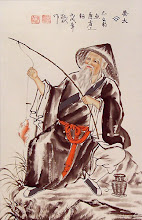
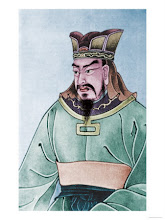
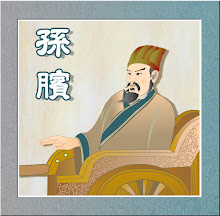
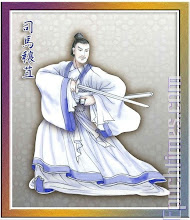
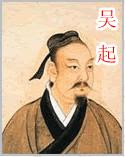
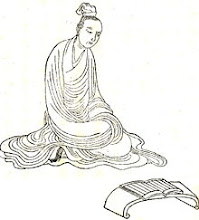

No comments:
Post a Comment